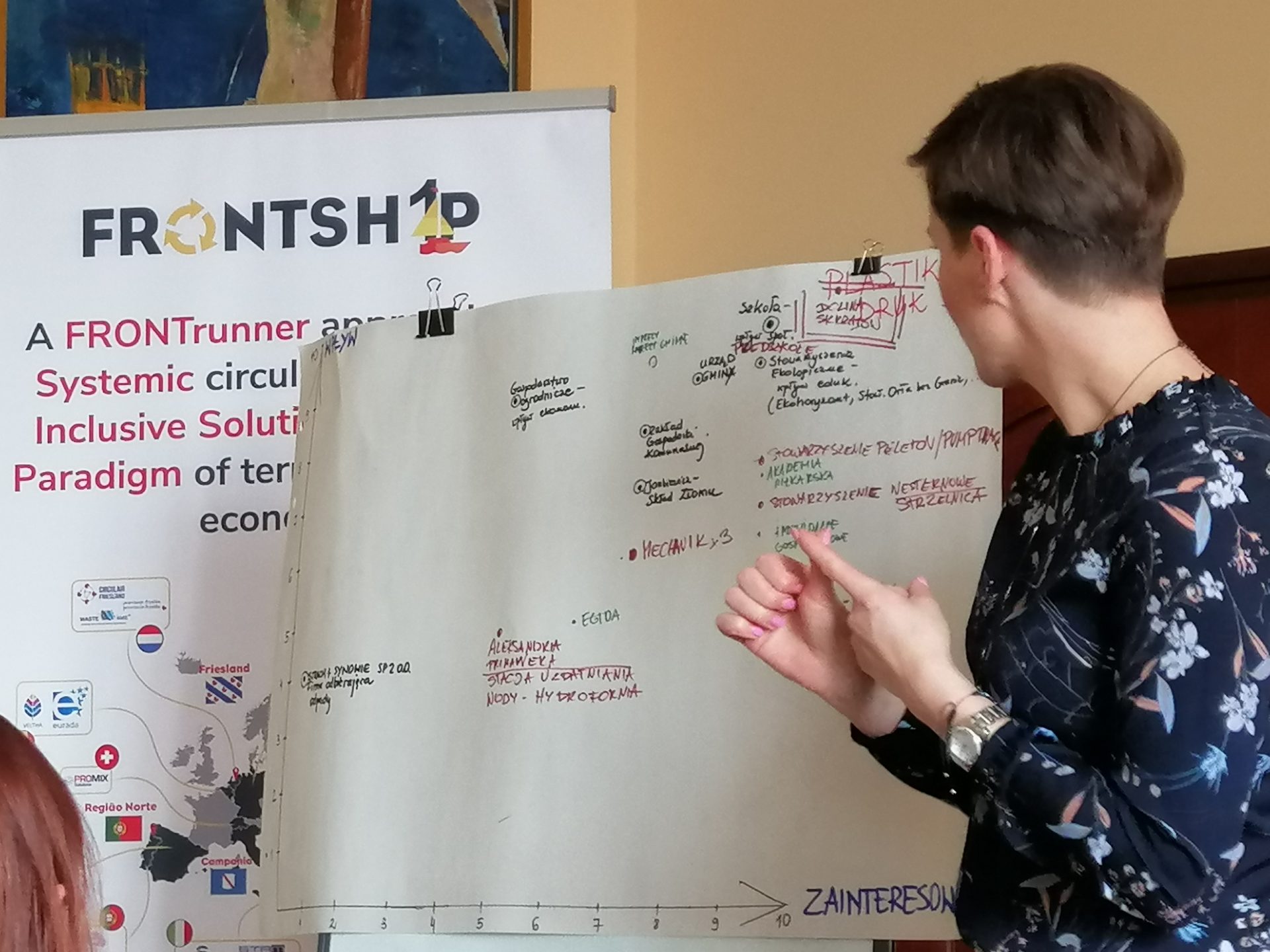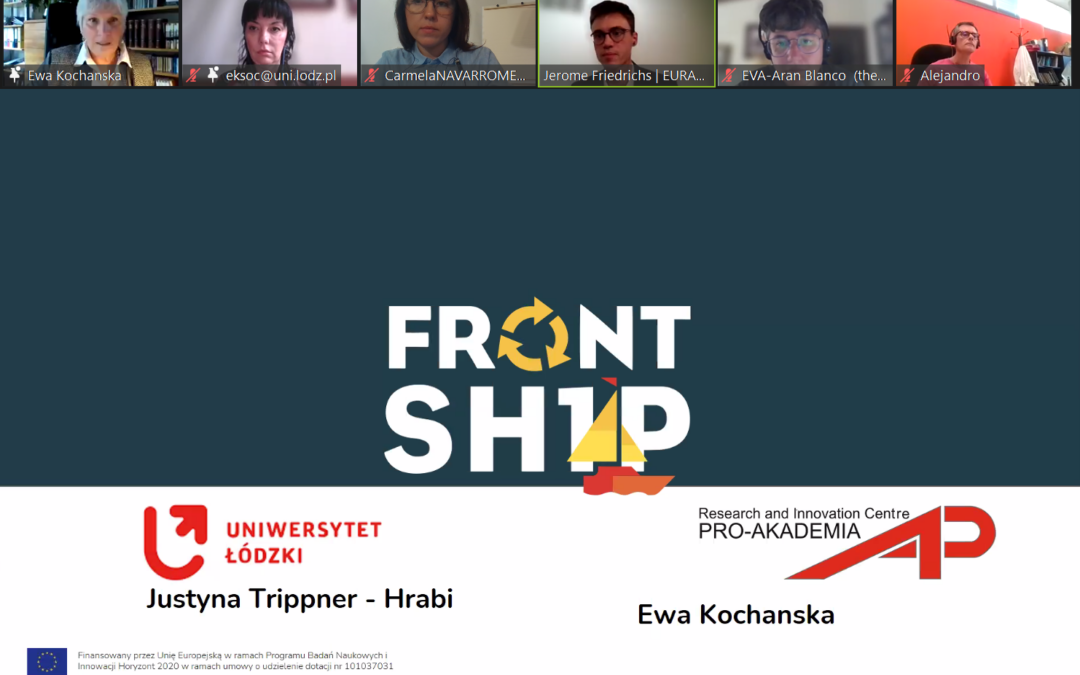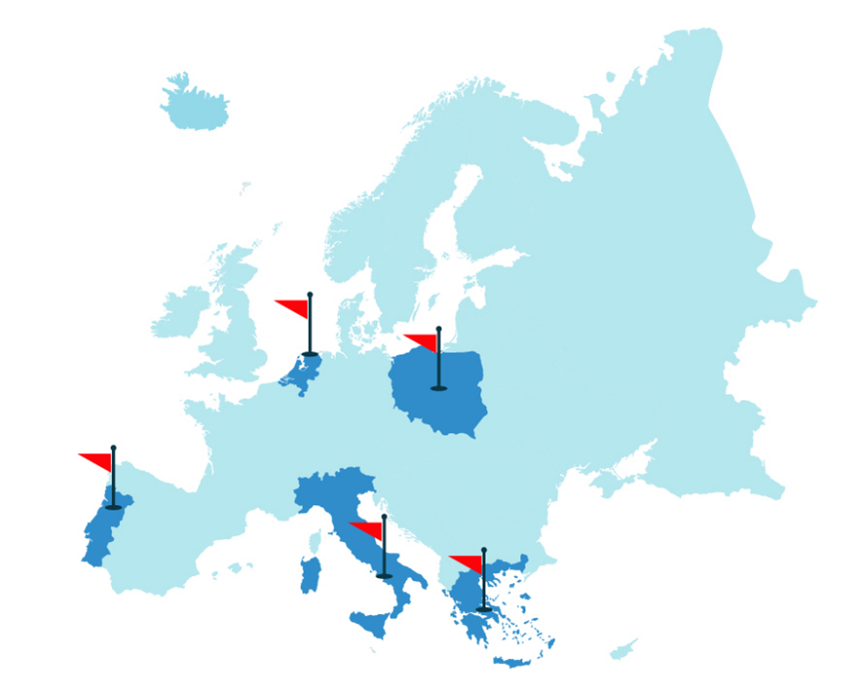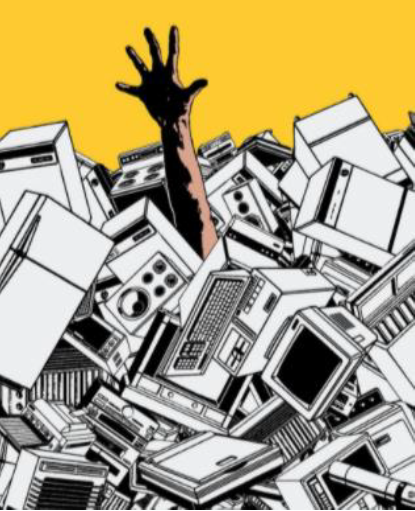
Author: Magdalena Mirys
The challenge facing the municipality of Parzęczew – implementing the idea of circularity in the municipality – requires the involvement of many actors of social life, from the public authorities and its organisational units to residents and households. Important changes in the municipality, to have the expected lasting effects, require the involvement of citizens.
Citizen involvement in the circular economy means the conscious participation of citizens in direct and supportive actions (processes) for inclusion in the circular economy cycle. With the involvement of residents, various solutions in the circular economy will be implemented more effectively and with less resistance. The processes to trigger resident involvement are mainly education, activism, and influence. Implemented in parallel, they offer a chance for deeper and good change.
Education is a longer, planned process that gradually increases knowledge among different groups of stakeholders: children and youth, representatives of NGOs and local leaders, employees of the municipality and its organisational units, and entrepreneurs.
Increasing social activity in the implementation of circular solutions in Parzęczew municipality is planned through community animation activities (Circular Neighbourhood Activity Spaces). The Circular Neighbourhood Activity Space is a meeting place for residents, discussions, and workshops, but most importantly, joint implementation of various initiatives and mutual assistance. The result of the planned animation activities will be the joint implementation by various groups of residents of ecological projects implementing Closed Circuit Economy (7R) solutions, such as exchanging, sharing, reusing, refurbishing, repairing and others.
The third element that determines the involvement of residents is their influence on the regulatory decisions of the authorities. The starting point in this area of solutions is the “ladder of participation”. This tool illustrates the way authorities communicate with residents, but also the extent of residents decision-making and influence on the decisions of the authorities. The “ladder of public participation”; includes levels of public involvement from total non-participation to various forms of co-determination.
According to the “ladder of social participation” theory, public authorities:
- Make decisions unilaterally, without informing residents;
- Decide unilaterally and independently but inform residents;
- Decide unilaterally and independently but justify these decisions;
- Before making a decision, they inform their plans and take different opinions, using them to varying degrees to change the content of the decision;
- They actively consult individual citizens, community leaders, experts before making decisions;
- Consult with various social groups and their representations on the basis of legal requirements or political will before making decisions;
- Before making decisions, consult within the framework of public consultative and advisory institutions established by the state by law, whose hearing is mandatory;
- Cooperate with social partners (negotiation, joint planning, consensus building) before making a decision and together make a decision, for example in the form of an agreement or joint program;
- Delegate to groups or social partners to make decisions and accept these decisions controlling their procedural correctness and legality and their compliance with the legal order.
Currently, in Parzęczew, we are at the stage of forming a Social Dialogue Council. Meetings animating the creation of the Council have been going on in the municipality since January 2023. The meetings have an open formula, social leaders, representatives of NGOs and other local institutions are invited to them. The discussions at these meetings are informative about the FRONTSH1P project implemented by the municipality and partners, as well as integrative, diagnosing the municipality in terms of circularity (analysis of the municipality’s resources and stakeholder groups, analysis of problems in the area of circular economy and possibilities for solving them). The purpose of these meetings is to lead to the formation of a Social Dialogue Council – an opinion and consultation body.
The Social Dialogue Council will be legally empowered, by an ordinance of the mayor of Parzęczew municipality. Working out the rules of appointment and operation of the Council and its competencies is planned for subsequent meetings. It is intended to be a space for agreeing on opinions, negotiations, submission of proposals for solutions and, in the event of the need to make a decision by the authorities, agreeing with the Council. We assume that it will have a formula open to any resident, leader, representative of organisations, and institutions. This formula will be worked out at meetings by residents and people who are invited to meetings, but it will not be closed to other groups.



